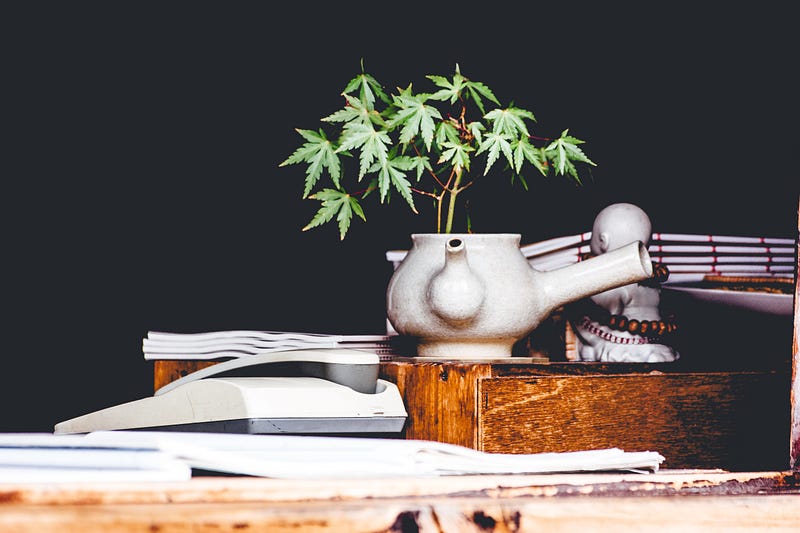Legal weed in New Jersey is so close you can practically smell it. At least that’s what citizens assumed two years ago.
At that point in time, Democrat Phil Murphy swore-in as Governor with a pro-legalization stance. This resulted in many predicting Jersey to be the 12th state to legalize the drug, and maybe even inspire its neighbor of New York to do the same.
But its 2020, and in Jersey marijuana is still illegal.
So what changed in the last two years? Was it crooked politics? Perhaps lies from Governor Murphy’s office. No, in Jersey weed is a very complicated issue and it continues to divide the state today.
Other states can learn a lot from Jersey’s woes concerning marijuana legalization. And as we enter the last few months of 2020, one begins to wonder what the status of legal weed is in New Jersey.
Legal Weed: The Plant That Continues to Divide
You’d think legal weed would be a black and white issue. “Just Say No” campaigns from the ’80s instilled a culture of being on the side of the pot-smoking hippies or being against drugs entirely.
Today, weed is more complicated.
Some politicians only seem to care about the issue because of the tax-money it’ll bring. Others support the health benefits that science says weed produces.
Governor Murphy, for example, is still all for legalizing weed. He believes it will stimulate the economy after the bludgeoning COVID-19 pandemic. Speaking on the Jim Kerr Rock & Roll Morning Show in July, Murphy called legalization “an incredibly smart thing to do.”
“We’re not inventing marijuana,” he said. “It exists.”
Conversely, some officials and Jersey residents want the drug as far away from their communities as possible.
Towns like Clifton, Garfield, Hawthorne, Lodi, and even my alma mater city of Mahwah have publicly spoken out against the drug. Council President Robert Hermansen of Mahwah, New Jersey opened up about the issue.
“The town has done a very good job over the last two decades of educating our kids on drugs,” Hermansen stated. “This is the right message to send.”
How The Police Will Play Into Legal Weed
The police play one of the biggest factors in legalizing pot. New Jersey police arrested 34,501 people for marijuana possession and 3,122 people for pot sales in 2017, according to FBI data. Texas and New York were the only states who arrested more people for marijuana possession in 2017.
There’s also the issue of who the police are arresting. 39 percent of marijuana arrests in 2017 were of black residents, who make up only 13 percent of Jersey’s population.
This disparity of arrests can’t be boiled down to black New Jerseyans smoking more marijuana.
The American Civil Liberties Union of New Jersey published a report that found black residents were three times more likely to be arrested for marijuana than white people, despite similar usage rates.
Murphy and staff are aware of the disparity, and in a 2019 press conference, Murphy’s press secretary Alyana Alfaro addressed the issue.
“Gov. Murphy has repeatedly said that he believes legalization of adult-use marijuana is critical to eliminating disparities in the criminal justice system,” said Alfaro. “Each week that marijuana remains illegal, approximately 600 people in New Jersey will be arrested for low-level drug crimes, with the majority of those being people of color.”
What Could Legal Weed Mean for Jersey?
Legal weed in Jersey isn’t moving at the pace proponents imagined — but it is moving.
A bill proposed last month looks to eliminate all arrests for marijuana possession. The bill to actually legalize weed will be decided by voters on Nov. 3.
Moreover, a recent poll showed six in 10 New Jersey voters said they would vote for marijuana legalization. But even if the measure passes in November, lawmakers will have to pass enabling legislation to establish an industry, mandating tax revenue and rules.
“New Jersey is ready to vote yes on recreational marijuana,” said the bill’s sponsor, State Sen. M. Teresa Ruiz (D., Essex). “But until we get that up and running, we shouldn’t have laws in place that create obstacles for people, particularly for communities of color. This is important at any moment in time, but especially now.”
If legalization in Jersey is anything like the 11 other states who have done it already, by next year anyone of legal age (21) could walk into one of the hundreds of planned dispensaries to purchase Pineapple Express, Maui Wowie, and Mary Jane, to name a few. These stores would be licensed, taxed, and regulated by the state.
Many legalization advocates say that New Jersey could make around $1 billion in total revenue in its first year of selling pot — which would be $300 million in tax revenue. However, Scott Rudder, President of the New Jersey CannaBusiness Association has said that this may even be a conservative estimate.
No plant has ever been as crucial to Jersey’s future as marijuana. And by the end of 2020, the state could be the 12th state to legally spark up.


Pingback: The best coffee spots in Europe; get your caffiene when you travel
Pingback: 31 Essential Proverbs That Will Enlighten Your Life Immediately
Pingback: Beginners Tips To Make Money Picking Stocks | Best of Health and Money
Pingback: Forget Bitcoin or Tesla, Jump on the Quantum Computing Trend | Yard Couch
Nice comprehensive blog, thank you